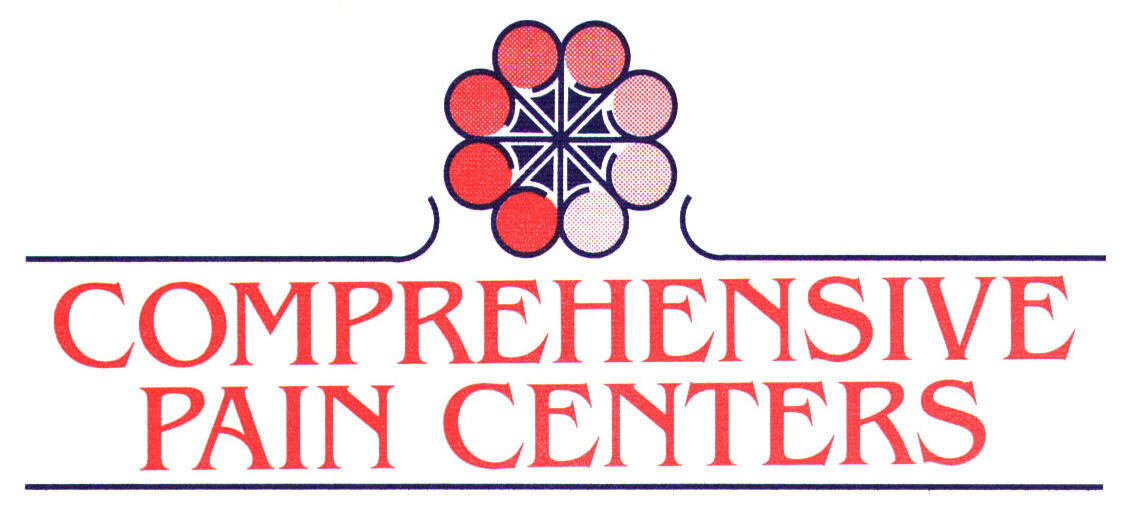Shingles, Pain, the Shingles Vaccine and Treatment
What if you have shingles and, despite being prescribed an antiviral medication AND gabapentin, you are still in pain? The virus is in the sensory nerve ganglion and, usually, it will become a painful condition.
And what about getting the shingles vaccination? Can it cause pain too?
Here is a recent doctor Q&A on the various aspects of shingles, pain, the vaccination and treating the pain.
EXCERPT
What's Up Doc? What you need to know about the shingles vaccine
Dr. Jeff Hersh
Daily News Correspondent
Q: My husband got shingles, and despite an antiviral medication and gabapentin, he is still in pain. Would the vaccine help him now?
A: Herpes zoster, also called shingles, is caused by the varicella zoster virus (VZV) that causes chicken pox. VZV never leaves the body, instead it hides in a nerve root, and when reactivated (often from some stress placed on our body) it flares up as zoster.
Zoster is very common, affecting a third of Americans in their lifetimes, about a million people each year. Although it can occur at any age (as long as the patient has had chicken pox, even a subclinical case), advancing age, a weakened immune system, certain autoimmune conditions, HIV and others are risk factors for developing it.
Zoster is different from the initial chicken pox infection. As the virus is now in the sensory nerve ganglion it will usually become a painful condition. The classic history with zoster is onset of pain in the specific "dermatome" distribution of the sensory nerve root that has the VZV flaring up. At this stage it can be hard to figure out what is going on since the rash has not shown up yet. Within days to a week or so the rash will manifest, starting with vesicles that become fluid filled (the fluid does not spread the virus to other places on the body) which develop a red base, and then over the course of the infection these get dry, cloudy and crust over. It is not uncommon for the pain to persist for many weeks even after the rash begins to resolve.
The dermatome distribution of the zoster rash (and/or other symptoms) is key to the diagnosis; very uncommonly certain specialized tests may be needed to confirm the diagnosis.
Up to 20 percent of zoster patients over age 60 and over a third of those over age 80 will develop post-herpetic neuralgia (PHN), where the painful condition can last months or even years; this is the most common complication of zoster. If the zoster dermatome flare-up includes the eye, loss of vision can occur; thankfully this is uncommon. Uncommonly zoster can be disseminated (over the whole body); this is more likely in people whose immune system is weakened by severe infection, chemotherapy, cancer or other causes. Other complications include neurological conditions such as meningitis, encephalitis and peripheral motor neuropathy.
To decrease the risk of developing complications, patients are usually treated with an anti-VZV medication. The pain of zoster is treated with pain medication such as acetaminophen and NSAIDs (non-steroidal anti-inflammatory drugs). The more chronic pain from PHN is often treated with gabapentin, certain anti-seizure medications or possibly other medications. Severe complicated cases will usually require aggressive treatment, often including intravenous anti-VZV medications and a consultation from a specialist. A pain specialist may need to be consulted for some PHN patients.
There are separate vaccinations to help prevent both chickenpox and shingles.
The chicken pox vaccine has been available since 1995 and is recommended for children 12-15 months of age who have no evidence of having already had chicken pox. It is also recommended for older children and even adults who have not been vaccinated and who have no evidence of having had chicken pox. The varicella vaccine prevents development of chicken pox in about 85 percent of people vaccinated; it may make the illness less severe in many of those who get the infection despite vaccination. Since routine vaccination began, the number of patients who develop chicken pox each year has dropped by two-thirds.
The zoster vaccine significantly reduces the chance of developing zoster, and even in those who still develop it despite receiving the shot their risk of PHN is decreased by two-thirds. The vaccine for shingles is approved for people older than age 50, although the U.S. Preventive Task Force specifically recommends it for all those over age 60.
Patients with HIV, those on medications that may compromise the immune system (such as steroids, chemotherapy for cancer or medications to prevent rejection in people who have had an organ transplant), or those with certain blood cancers such as leukemia or lymphoma, should consult their health care provider to see if it is OK for them to get the zoster vaccine. The zoster vaccine should not be given to pregnant women or to a woman who intends to get pregnant in the next month. Someone severely ill should not be vaccinated, although it is OK to vaccinate someone who has a mild illness such as a cold. Although less than 5 percent of patients who have had zoster will have another bout of it, the vaccine can even help prevent a second flare-up, but it should not be administered to someone with an acute zoster flare-up.
https://www.metrowestdailynews.com/story/news/healthcare/2021/03/29/shingles-caused-same-virus-causes-chicken-pox/4770215001/
